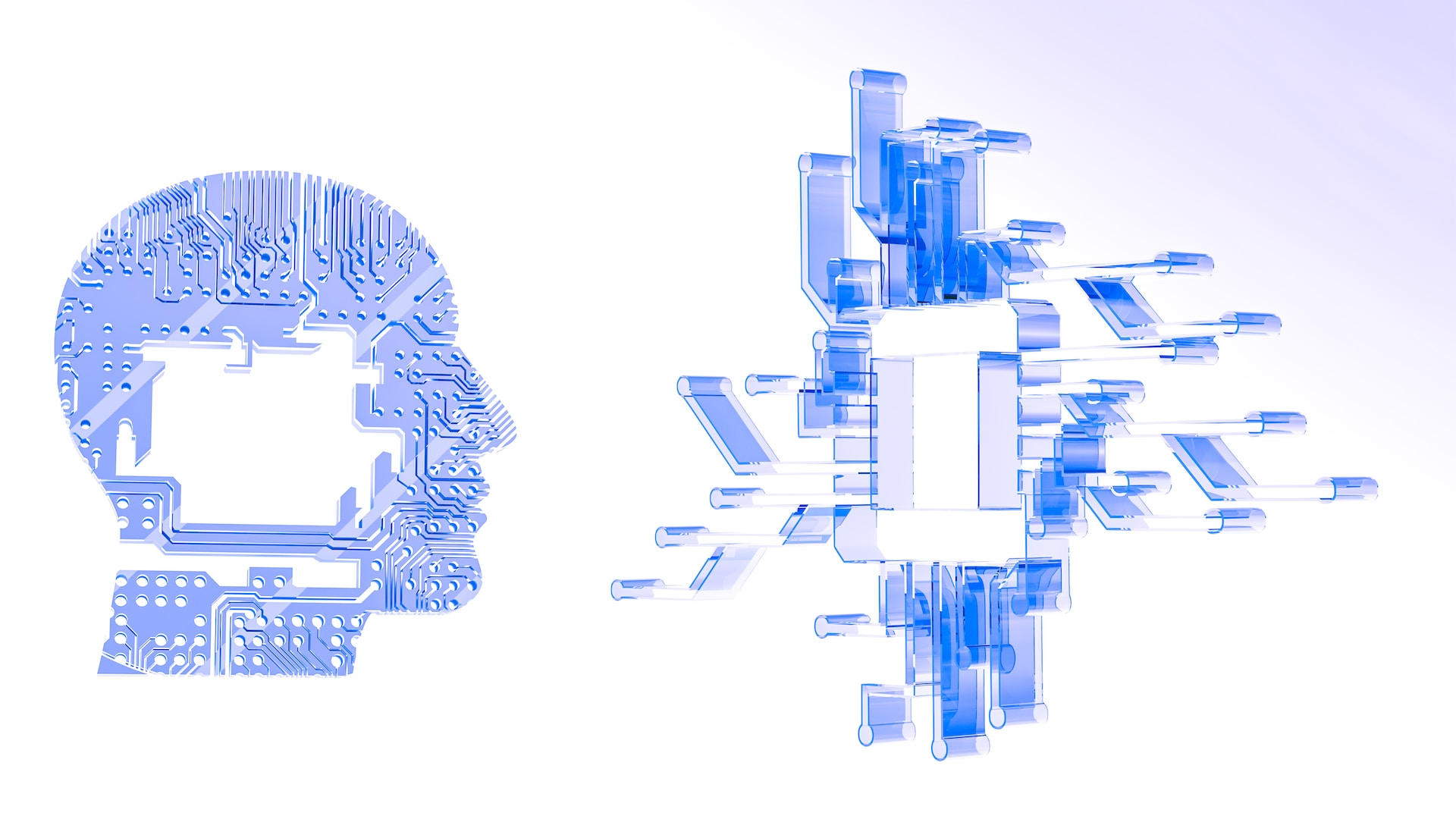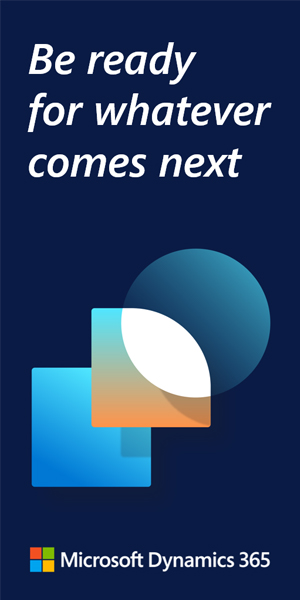Eviden, the Atos Group business, is collaborating with Microsoft to help clients move to the cloud and facilitate their use of Azure OpenAI Service.
Eviden will leverage its expertise in ML, AI and Azure OpenAI Service to foster joint go-to-market activities and expand the company’s AI-driven industry solutions.
As a Microsoft partner, Eviden allows businesses to leverage the potential of Microsoft 365 Copilot. The company follows Microsoft’s AI adoption methodology to help businesses optimize data with expert assessment, identifying gaps and implementing best practices.
With over 19,500 hybrid cloud practitioners, Eviden provides consultancy on Azure and major data platforms such as Databricks and Snowflake, so users can industrialize and scale their GenAI applications into robust enterprise-class solutions.
Microsoft and Eviden will invest in developing and delivering Generative AI solutions, leveraging Eviden’s GenAI Acceleration Program, boosted with 8,000 data and AI experts spread across North America, EMEA and APAC, to drive client adoption.
Michael Liebow, global head of Cloud at Eviden, at Atos Group, said: “In an era where innovation is paramount, more and more organizations are looking to harness the power of GenAI in their cloud strategy. Together with Microsoft, we are providing our customers with new, advanced solutions that will enable them to do just this and drive business transformation.”
Kelly Rogan, CVP of global system integrators and advisory partner for Microsoft, said: “Together, Eviden and Microsoft are empowering organizations to achieve more with AI.
“With Eviden’s GenAI solution offerings and capabilities and Azure OpenAI, we can help our customers transform their businesses with data-centric and secure digital solutions.”
Stew Gibson, senior vice president and chief information officer at USI Insurance Services said,“Our collaboration with Eviden over the last four months has helped us refine our GenAI strategy, identify the core competencies, and lay the groundwork in Azure for building our next-generation of [GenAI]-powered applications.”






